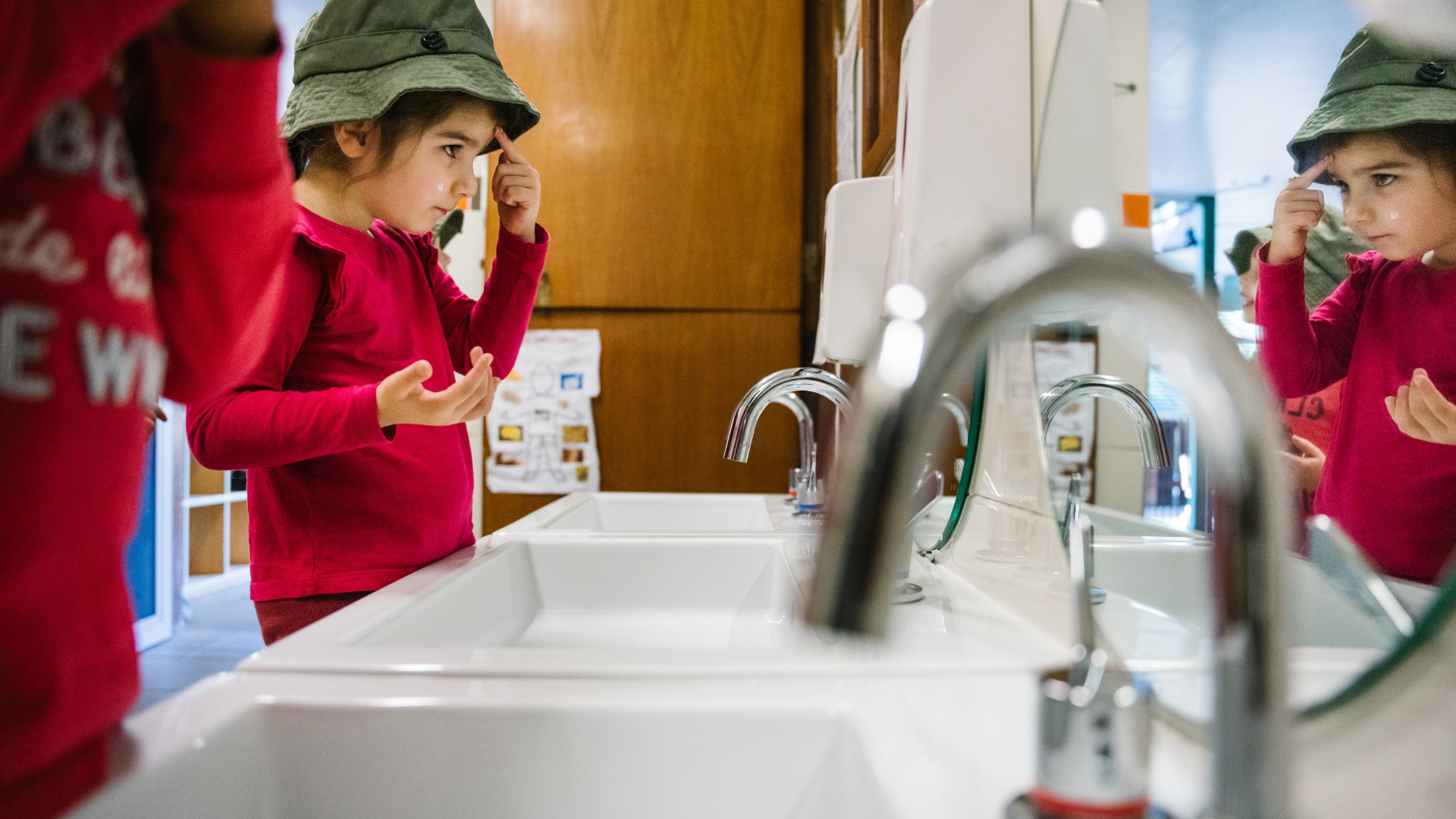
Your child will come into contact with other children and adults in services and may contract infectious illnesses. Keeping your child away from your service when they are sick helps minimise the spread of infection.
National Quality Standards (NQS) Quality Area 2 aims to safeguard and promote children’s health and safety, minimise risks and protect children from harm, injury and infection.
How can I protect my child from illnesses?
Immunisation is the most effective way to prevent some serious childhood illnesses, and most services require children to be fully immunised.
If a vaccine preventable disease occurs in a service, non-immunised children will not be allowed to attend. This protects the non-immunised child and helps to prevents the further spread of infection.
Your child's educators have information about child immunisation.
Why did my child get sick at their service?
Your child may pick up illnesses when they first start at an early learning service as they may come into contact with more people and some infections that they may not be immune to yet.
Your child's educators promote children’s healthy growth, learning and development and will encourage your child to play and explore their environment.
What happens if my child gets an infectious illness?
If your child's educator thinks your child may have an infectious illness they may ask you to come and collect your child as soon as possible. They may also ask you to get a medical certificate to confirm that your child is no longer infectious before they come back to the service.
Your child's educator is not a medical practitioner and cannot diagnose infectious illnesses.
What if my child needs medication?
Your child's educator can advise you about the service’s policies on medication.
Many services have a policy not to administer over-the-counter medications such as paracetamol without a doctor’s instructions.
Does my child need to stay at home if they're sick?
Your child should not attend their service if they have an infectious illness or their illness prevents them from comfortably participating in activities.
Health and regulatory authorities recommend excluding ill children from services. All children, staff and families at the service benefit from this practice as it ensures the infection is less likely to spread.
Sick children need additional individual comfort and attention that is difficult to provide in a service, and they can recover more quickly if they can rest and be cared for at home.
Services usually have a policy for the exclusion of sick children that is available for families to read.
The healthdirect Symptom Checker is an online tool that allows people to follow a simple self-guided triage process to check their symptoms and get advice on what to do next.
Some children have ongoing medical needs that can be taken care of at their service, such as asthma or anaphylaxis. Educators document your child’s general health and behaviour when you enrol and this helps them know your child's ‘normal’ health and behaviour.